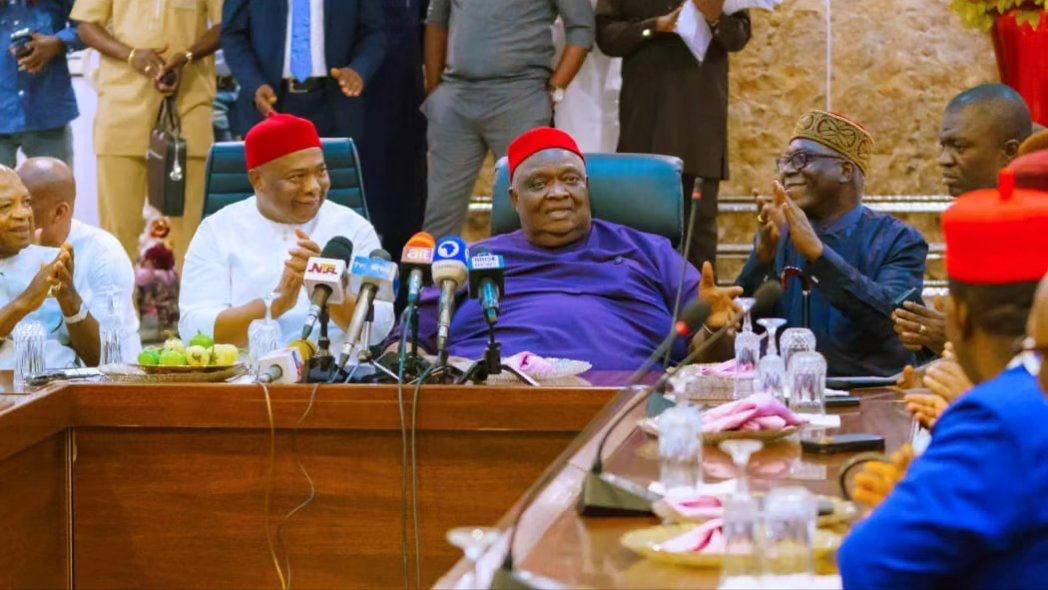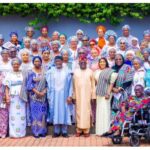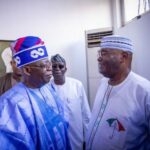
Uzodinma was at the State House, Abuja, to request an urgent meeting between the President and the southeast leaders to discuss security and development issues in the region.
The PUNCH reports that the Southeast had become one of the most troubled spots in the last few years with the proscribed Indigenous People of Biafra issuing sit-at-home orders on Mondays.
Aside from the economic drawbacks of the order, the region has also been plagued with incidences of kidnapping, killings, and destruction of property.
Uzodinma who spoke with journalists after meeting President Bola Tinubu, said the leadership of the region had seen the need to lean on the federal government to solve the security crisis.
“I visited the President on behalf of the people of Southeast of the country. If you’ll recall, a few days ago, we had a meeting of the leadership of Southeast political and non-political leaders, in conjunction with the leadership of Ohaneze Ndigbo.
“Among the resolutions from that meeting was to visit Mr. President to support and intervene in our resolve in addressing the issue of insecurities.
“So the leadership of the zone met and agreed that working with the forum of governors from the southeast, we will come to Mr. President to formally request his intervention and additional support from the federal government to ensure that there is peace in the Southeastern part of the country,” he said.
The Governor argued that the people of Southeast believe in Nigeria’s unity and that the Nigerian project needs serious attention in terms of providing security for her people.
Uzodinma who was tight-lipped on details of proposed discussions lamented that non-state actors have utilised fear and indiscriminate killings to enforce an illegal sit-at-home order in the region.
According to him, the problem had also become an issue of “perception management”, even saying that international diplomacy, which is also part of the solution, is beyond the purview of state governors.
Uzodimma, who disclosed that he does not use the controversial ‘Security Vote’, advocated that state governors be granted more flexibility and authority to address security challenges at the sub-national level, even though the country is a federation.
He noted that despite not having a security vote at his disposal, he employs a combination of kinetic and non-kinetic approaches to effectively tackle security challenges within the bounds of the law.
He underscored the importance of granting governors more autonomy to efficiently fulfill their duties and responsibilities in serving the people.





